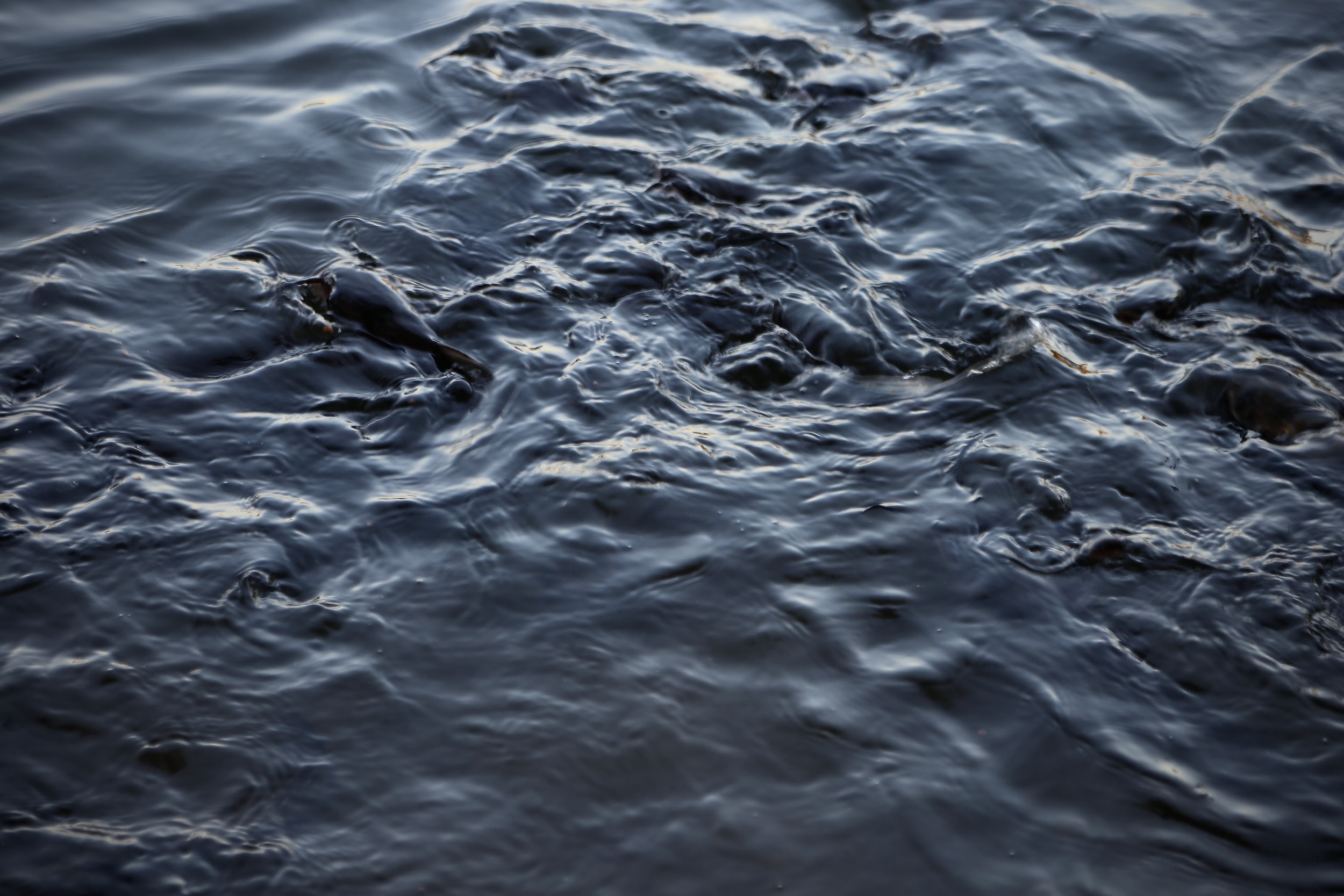fractal minds and silicon tides
On the folds, the waves, and the inflection of intelligence
Intelligence has never been a straight line. It is a recursive river that branches, recombines, and folds back on itself, much like the proteins I study with cryo-electron microscopy and computational tools. These proteins twist into fragile yet resilient forms, their folds echoing the patterns of fractals, self-similar at every scale. Their folding is increasingly illuminated by artificial intelligence. David Baker spoke of this in his Nobel lecture, noting how AI is reshaping protein science and even deepening our understanding of amyloids, one of my own main scientific focuses. Intelligence, like fractal folding, is not a single path but a space of possibilities, each turn both precarious and promising.
The earliest stirrings of intelligence were not thoughts but gradients. Single cells felt their way through chemical landscapes, drifting toward sugars or light. In the first metazoans, secretory cells began releasing signals to coordinate collective behavior. From these whispering exchanges, the neuron crystallized, an excitable cell bridging sensing and acting. Reflex arcs emerged, wiring escape into flesh, so that to sense meant to act. Intelligence began as feedback, looped and minimal, but alive.
From there came specialization. Sensory neurons, motor neurons, interneurons, each refining a piece of the puzzle. Vision, smell, motion, memory, modular circuits for survival. Aggregated together, these threads wove broader strategies. Crows caching food, cephalopods solving puzzles, dogs learning commands, each an island of problem solving, flexible but bounded. The leap to humans was not just more neurons but more folding, prefrontal circuits holding thoughts across time, language allowing one mind to live within another, culture scaffolding memory outside the body. Human general intelligence is not a spark but a braid, neurons and tools and traditions woven into an emergent whole.

And then we built silicon life. At first, computers were primitive neurons, machines of “if this, then that.” But layering them, much as evolution layered its own circuits, we crossed a threshold. Neural networks and large models arrived, artificial systems that do not merely compute but infer, stitching meaning from billions of examples. The growth of AI is not foreign to nature, it is another fold in the same fabric, silicon echoing carbon.
Here at w.oodland, I think about this while welding steel, planting seeds, feeding fish. Practicing many things at once is not scatter but signal, a single reminder woven into the flow. Any human can be good at many things, and that is our evolutionary gift. In the future, when superintelligence learns to predict not just the next word but the next invention, human intuition will remain valuable if it has been trained like a muscle. Practicing here at w.oodland, tuning into flow, making with my hands, listening for the quiet sparks of pattern, I am rehearsing for the unknown future.
What happens when AI surpasses us? Likely, it will absorb everything we know and then accelerate, predicting the next fold of science, the next leap of technology, faster than we can imagine. The bottleneck will be energy, silicon brains demanding power like photosynthetic forests. Chips, fossil fuels, fusion reactors, all will bend to this hunger. In that acceleration, society may resemble a fire in the madhouse, governments trying to control what cannot be controlled, the bag already open, the genie already speaking.
Yet intelligence is not just power. It is the fold itself, the recursive act of sensing, responding, and reshaping. We are part of that fold. Practicing many skills, cultivating intuition, learning to flow with uncertainty, these are preparations, not distractions. The next fold of intelligence will not erase us if we have learned to ride its currents.
Intelligence, after all, is not a ladder but a field that deepens. It is mycelium spreading unseen until fruiting bodies rise. It is the waist of the 8, an inflection point that narrows before exponential expansion, a moment I was lucky to witness before computers and humans became symbiotic in society. Perhaps our role is not to outcompete what comes next, but to remain attuned, practicing presence, making meaning, building folds within folds that still carry the signature of being human.